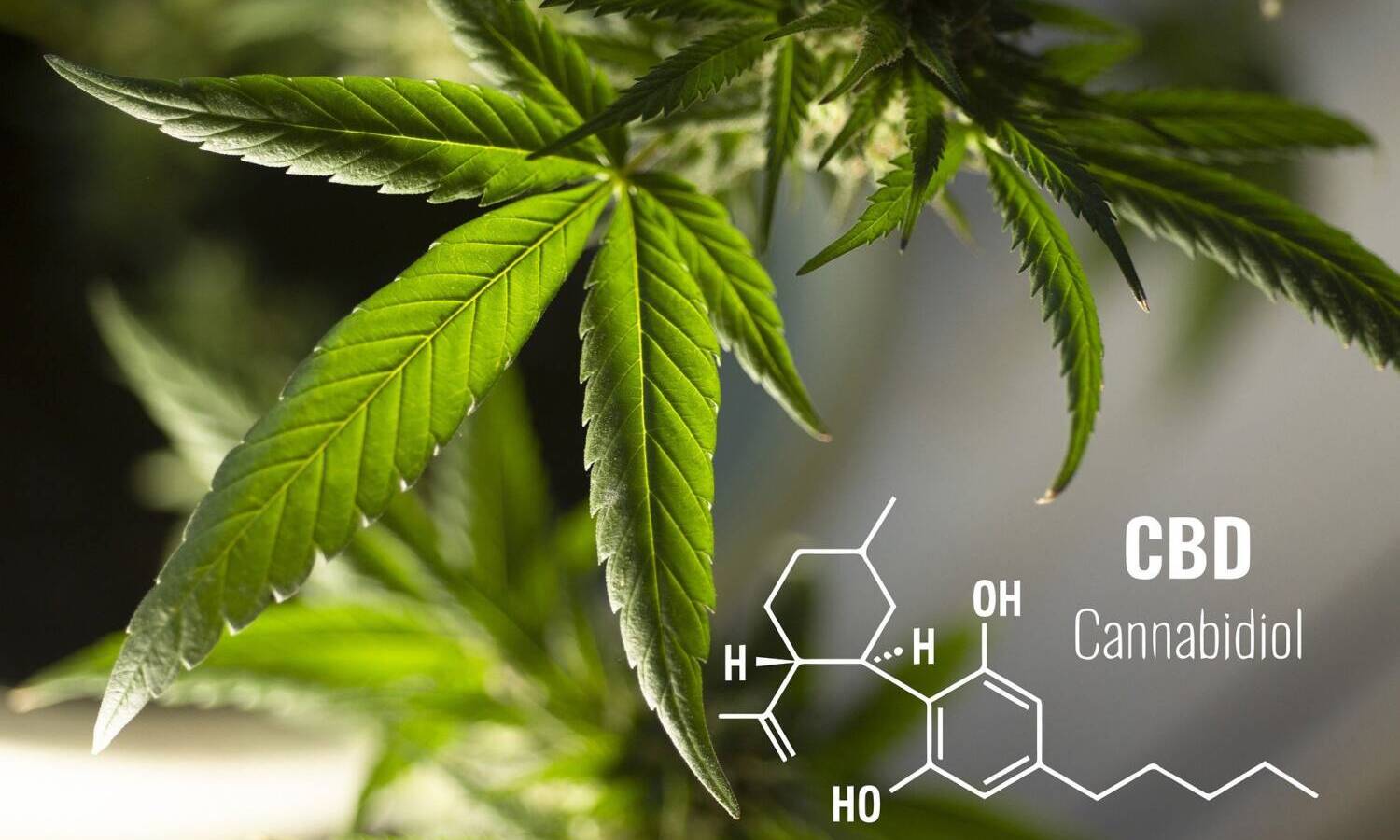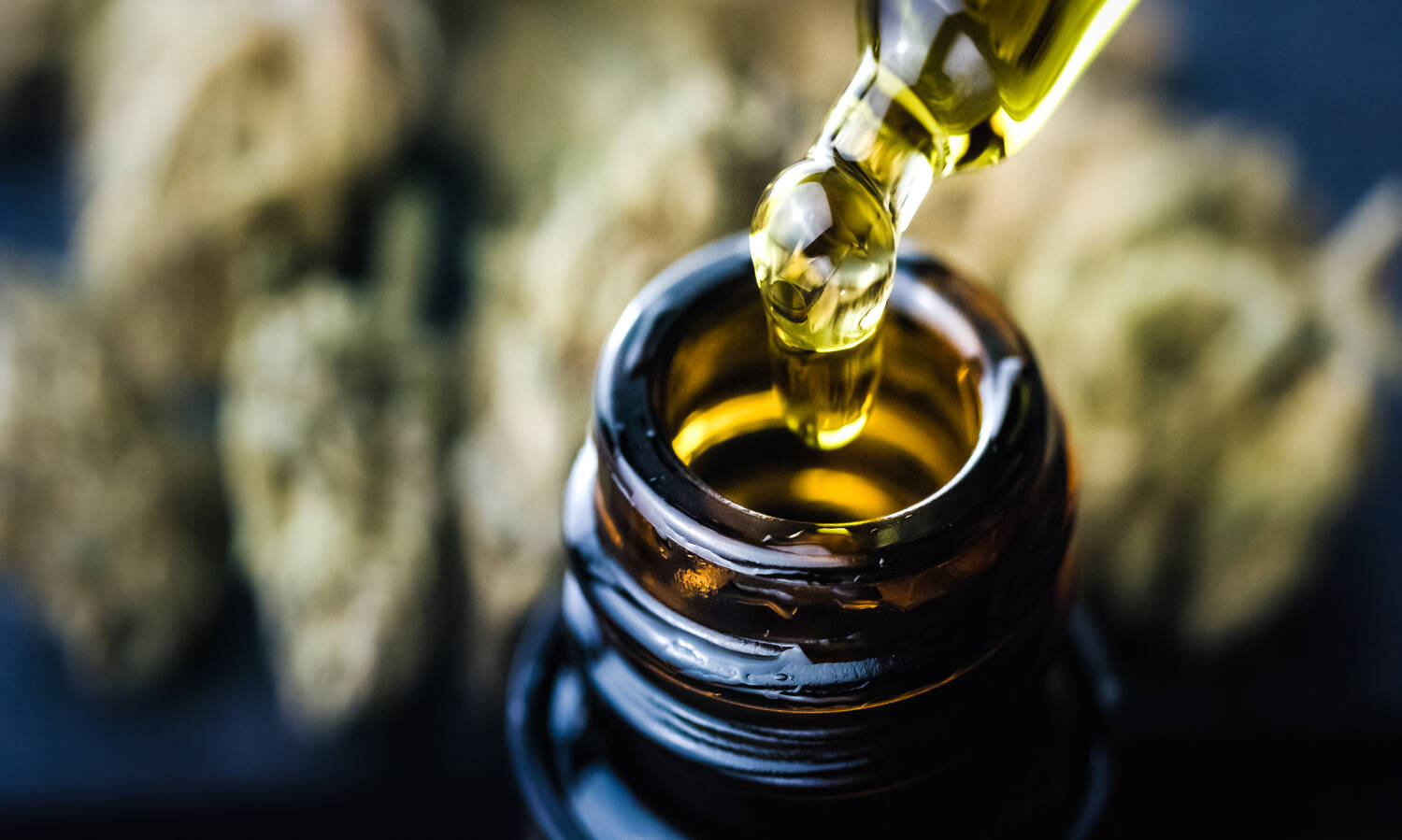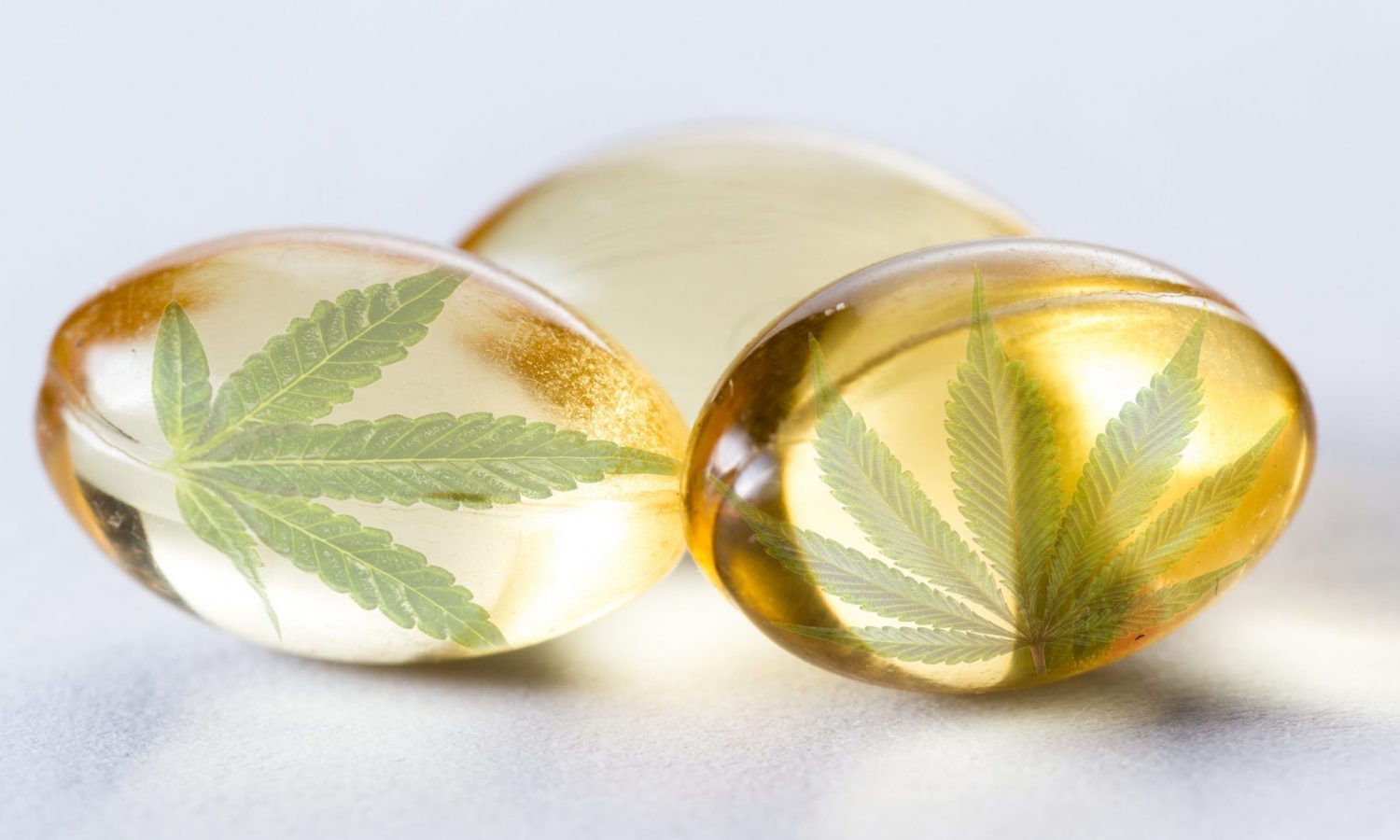
What is the difference between CBD from hemp and CBD from cannabis?
This article originally appeared on Cannabis.net and has been republished with permission.
Cannabidiol (CBD) products are ubiquitous these days. From gelcaps to oils, tinctures, creams and even CBD products for your pet, there is a CBD product for almost every ailment imaginable. Anxiety, insomnia, skin care and much more. It’s not surprising considering the CBD market was responsible for $12.8 billion in sales last year, although it’s expected to continue growing from this year through 2028.
Photo by Cristi Ursea via Unsplash
RELATED: How to Pick Quality Hemp CBD Edibles
But if you’re looking for CBD products, it’s in consumers’ best interests to educate themselves about the different types of CBD. The two sources of CBD are the hemp plant and the cannabis plant.
Hemp and cannabis are cousins in the same plant family: Cannabis sativa. Each of them is grown for different purposes, although they have different characteristics and properties.
hemp
Hemp is an industrial plant with extremely low THC levels, typically under 0.3%. However, it is a rich source of nutrients and CBD. Hemp is grown extensively for commercial and industrial purposes; The entire hemp plant, including leaves, stalks, buds, and seeds, can be processed into a variety of useful products.
Because hemp is a rich source of natural CBD, most CBD products around the world are made from hemp. It also facilitates the production of large quantities of hemp-derived CBD, since the hemp plant was removed from the Controlled Substances Act back in 2018 thanks to the Farm Bill legalization. The law allows hemp to be grown legally and then processed into CBD products available to the public.
cannabis
Cannabis and marijuana are one and the same. This type of cannabis sativa plant contains high levels of tetrahydrocannabinol (THC), which is psychoactive and gets you high. It also contains around 500 different compounds, including cannabinoids, terpenes, and flavonoids that contribute to the flavors, effects, and health benefits of cannabis strains.
Cannabis can contain between 5 and 30% THC, although it has a very low CBD content. But thanks to recent technology and breeding, cannabis strains can now be engineered to produce much higher levels of CBD. There are also high-CBD craft cannabis strains that can produce high-quality CBD products like oils, tinctures, and edibles. Additionally, consumers who prefer to consume through smoking can consume CBD by smoking the cannabis plant in flower form since hemp cannot be smoked.
While dozens of states have legalized cannabis for medical and/or recreational use, cannabis is still illegal in the eyes of the federal government.
RELATED: 6 Facts About CBD You May Not Know
 Photo by 24K Production/Getty Images
Photo by 24K Production/Getty Images
Is there a difference in CBD?
If you compare the molecular structure of CBD from hemp to that of cannabis, they are exactly the same.
However, there are some differences consumers should be aware of:
- Legality: Products made from hemp, including CBD, are legal throughout the United States. Hemp-derived CBD can be shipped across state lines, while companies can grow and manufacture CBD products without worrying about legal ramifications.
But with marijuana-derived CBD oil, it’s up to each state to define whether or not it’s illegal. However, in the eyes of the federal government, CBD oil made from marijuana is still a marijuana product, and getting caught using it while traveling or crossing state lines can have serious legal consequences.
- THC Levels and Effects: Because CBD oil and hemp-derived products contain extremely low traces of THC, consumers can expect little to no high. In fact, you would have to consume a ridiculously large amount of CBD oil with trace amounts of THC to get high. It just wouldn’t make any sense at all, because if psychoactive effects are paramount then you should be consuming THC products and not CBD.
- Nutrient Profile: Hemp does not have as rich a cannabinoid profile as cannabis. Since cannabinoids also have myriad health benefits, the only way to enjoy them is to consume cannabis-derived CBD. But CBD from hemp is rich in vitamins and fatty acids, making it useful for treating skin conditions and inflammation, as well as for overall health and wellness.
 Photo by Charles Wollertz/Getty Images
Photo by Charles Wollertz/Getty Images
RELATED: How Long Does CBD Stay in Your System After You Take It?
Many medical patients who use CBD to treat medical conditions benefit from consuming cannabis-derived CBD. Its therapeutic benefits are simply more powerful thanks to the entourage effect that acts on all the cannabinoids and terpenes present.
- Where to find them: CBD oils and other marijuana-derived CBD products can only be legally purchased from licensed dispensaries in states that have legalized cannabis. On the other hand, you can buy hemp-derived CBD just about anywhere.
However, patients should research and discuss with their doctors what type of CBD oil is best for you. Even if you want to start supplementing with CBD for general health, here are some things to keep in mind:
- Certificate of Analysis (COA): The COA gives you insight into the other ingredients or compounds used in the plant. Legitimate COAs should inform you of cannabinoid analysis, heavy metals if present; and pesticide analysis. Stay away from products that only tell you the cannabinoids present as they may not be as transparent to you.
Some COAs also provide detailed information on terpenes, residual solvents, and mycotoxins.
- Organic and Non-GMO CBD: Ideally, you want to consume organic and non-GMO cannabis and CBD products. This gives you peace of mind that you are consuming clean ingredients, free from pesticides and other chemicals that can harm your health. Many hemp and cannabis plants are genetically modified, but several CBD brands out there claim to be non-GMO but don’t have the proper verification. Always research the brand to get more information about their cannabis plants.
- Ingredients: Depending on the type of CBD oil or product you are consuming, some manufacturers may have added other ingredients to make it tastier. CBD oils are usually mixed with a carrier oil like MCT oil, coconut oil, olive oil, sunflower oil, or almond oil. With all these options, you can easily choose which one works best for your needs.
Conclusion
It is up to consumers to educate themselves about the different CBD product offerings on the market. Not all products are created equal, so you want to be sure you’re consuming only high-quality CBD for your health and safety.

Post a comment: